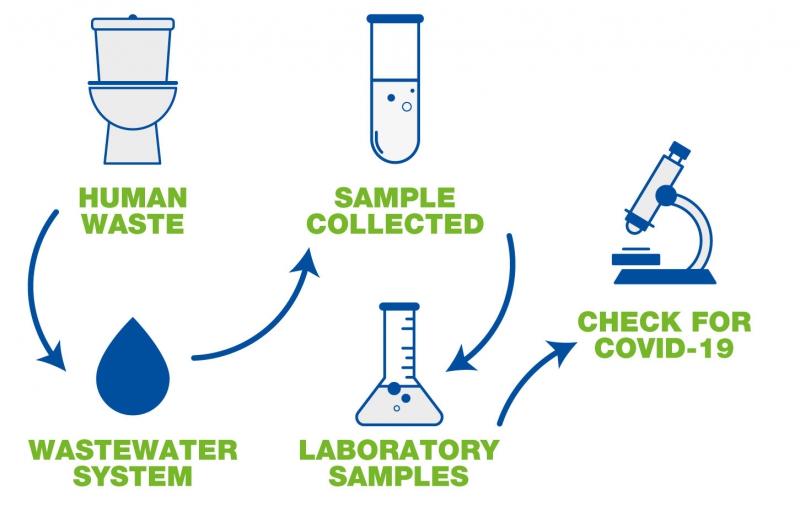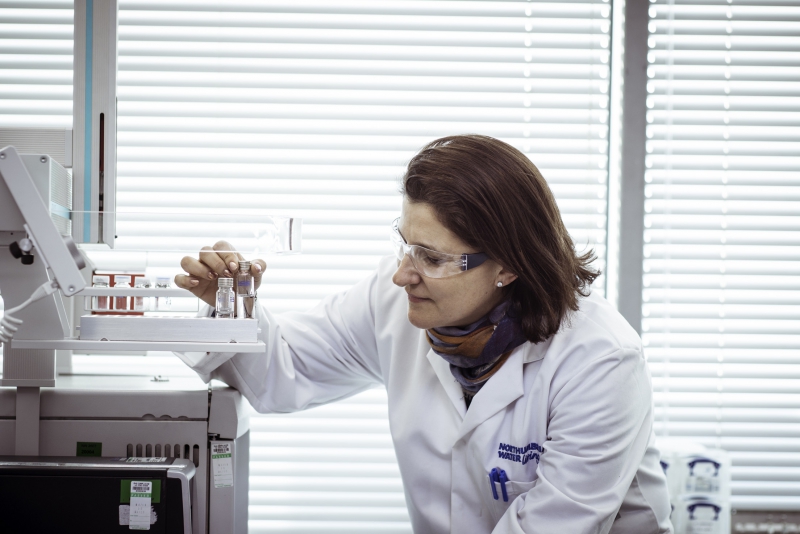Sewage secretions surrender COVID-19 secrets
Northumbrian Water in the UK is collaborating with scientists from Newcastle University to find the early signs of coronavirus presence in human wastewater. Early detection of the virus could help scientists to identify communities at risk of a minor – or even major – cluster of COVID-19 cases.
Early in the pandemic, scientists realised that those infected with COVID-19 released evidence of it in their faeces. Those faeces enter sewage systems and reveal the secrets of the population to those brave enough to collect samples and take them back to the lab. Illicit drugs, hormones (say, from birth control pills), and legal pharmaceuticals all occur at detectable levels in wastewater, and treatment centres aim to remove them from circulation before clean water is released back to the environment.

But now, COVID-19 is giving up its secrets via sewage. Scientists from the University are part of a broader project led by the independent UK Centre for Ecology & Hydrology. They are working with Northumbrian Water to refine techniques to provide more specificity in their results. By moving upstream in sewage supply, they can narrow down a source of viral contamination in the water. While it is not currently thought the virus can occur in levels high enough to spread through water, the RNA sequencing of detected samples can give analysts data about the virus. As testing improves, it could eventually give information about specific strains of coronavirus.
This could, in turn, allow comparison with strains of coronavirus found in local patients, providing more understanding of transmission vectors. Wastewater analysis alone wouldn’t result in a community being placed in a quarantine situation but could suggest where government officials should focus the testing of individual patients.
Faeces enter sewage systems and reveal the secrets of the population to those brave enough to collect samples and take them back to the lab.

The techniques being developed by the Newcastle academics could have wider application. Wastewater-based epidemiology is a recognised and developing field. The University scientists are also working on tests for norovirus and other detectable viruses and bacteria.
Their efforts are being watched around the world as humanity continues to grapple with the COVID-19 killer. Any help in understanding the spread of this deadly disease is welcome and Northumbrian Water is working hand in hand with world-class scientific academics to shed light on solutions – even if they come out of the dark of the sewers.
